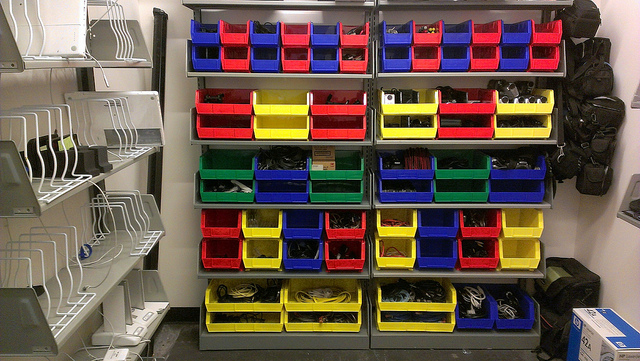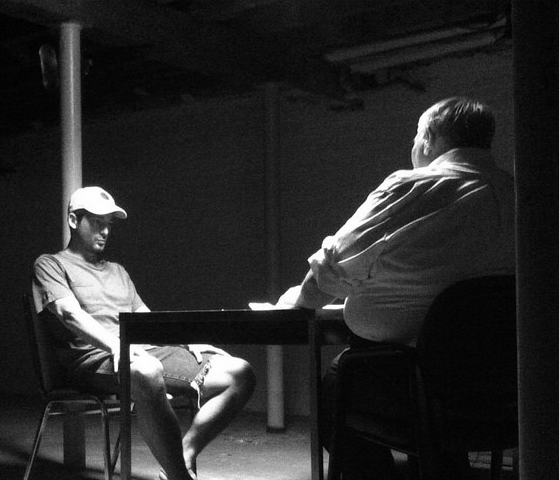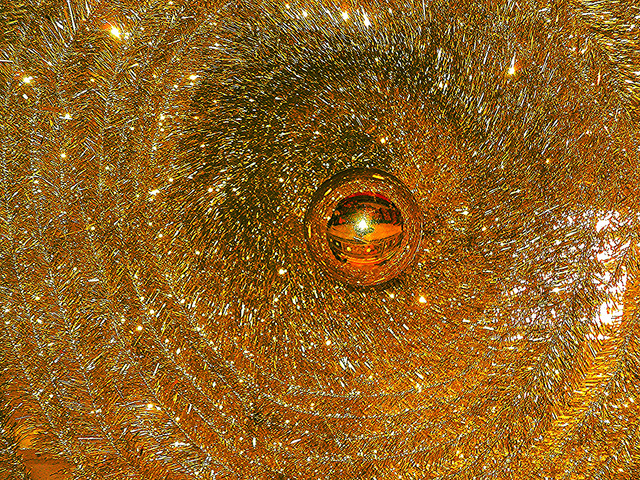Wednesday JUNE 8th, 8pm EDT is…
SOUL SCHOOL LIVE
Don’t miss out!
Support the show to get FREE Access.
ALL the info is HERE.
WELCOME TO SOUL SCHOOL
(released every Wednesday!)
If you want to be healed from past or present issues, getting emotional distance and a proper perspective from your painful thoughts, worries, and experiences is crucial. Easier SAID than done, right?
In the world of therapy, Dr Steven Hayes developed a powerful technique to facilitate that distance and achieve what is called “psychological flexibility”.
Humans are particularly good at achieving psychological flexibility, if we practice; and the basics are easy to understand.
READY to put the days of getting mentally or emotionally hijacked behind you?
LISTEN IN!
(If you heard audio you’d like to share, just click the CLAMMR icon below.)
Podcast: Play in new window | Download (Duration: 14:51 — 20.4MB) | Embed
Subscribe to Spark My Muse Apple Podcasts | Spotify | Email | TuneIn | RSS | Subscribe to Spark My Muse
OVERVIEW:
Today, in Lesson 34, I talk about the basics of using psychological flexibility and the important work of Dr Steven Hayes.
• His therapy is call ACT: Acceptance and Commitment Therapy. The clinical studies demonstrate how successful the approach is. I encourage you to find out more after you finish the short Soul School episode. Watch his video and use the link to his website below.
[ictt-tweet-blockquote]Change PAIN into PURPOSE.[/ictt-tweet-blockquote]

In this video he explained how his sudden onset anxiety disorder helped him come up with a therapy to create mental flexibility and distance that could be taught and demonstrated successful in clinical trails.
Thanks for listening.
If you enjoyed the show, and you can think of someone who it would help, please Share it!!
Please reach out and let me know if you like what I’m up to.
I never know who’s listening and if what I do makes any difference–
so I love hearing from listeners.
SUBSCRIBE and get the next episode “easy as pie”.
Tune in and download Spark My Muse twice per week!








